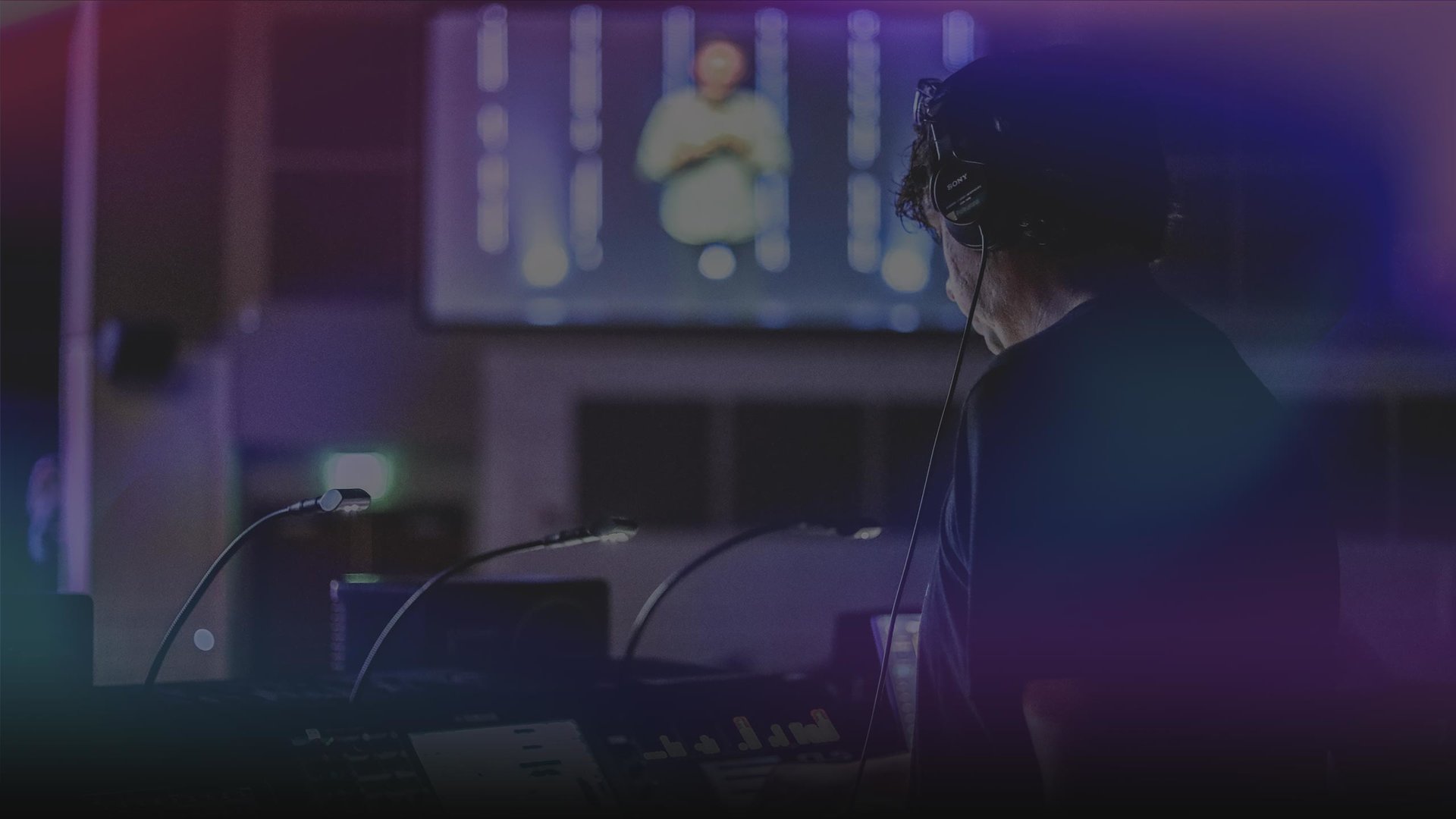
Digital and hybrid events: How will event communication develop in 2021?
CHANGES IN THE EVENT MARKET
The event industry in Germany is undergoing a transformation - accelerated by the Corona pandemic since March 2020. In 2020, nine out of ten events did not take place. According to the Germany study* of the congress and event market "Meeting- & EventBarometer 2019/2020", the trend is towards virtual and hybrid event formats. 27% of the providers and 13% of the organisers consider hybrid and spatially distributed events as trend-setting. However, 60% of suppliers and 75% of event organisers assess the current use of virtual options in the event sector as expandable.
At the beginning of 2020, providers estimated the level of hybrid events to be 13.7% in 2019. Compared to the previous year, the number of hybrid events increased by 3.3 percentage points. The results for the current year are likely to be significantly higher. 36.4% of all organisers already held hybrid events in 2019 and 14.1%t held purely virtual events. Overall, more than a quarter of all events in 2019 were already hybrid and 22.2% purely virtual. So the move away from large-scale on-site events to digital events was already happening before COVID-19 and the resulting restrictions.
TOP 5 CHALLENGES IN DIGITAL EVENT CONCEPTION
On-site events impress with their immediacy and allow participants to be fully immersed in the experience offered. Virtual events or hybrid concepts must also work at a distance. Therefore, organisers should be aware of the following challenges:
1. reduced sensory appeal
Digital events address only two of the five senses: sight and hearing. The remaining visual and acoustic impressions must be designed in a technically optimal way. Poor sound and image quality as well as poorly chosen image details can have such a negative impact on the event experience that users log off unnerved. It is also important to remember that not all virtual guests have good technical equipment (loudspeakers, large monitor, good microphones) and the corresponding bandwidth.
2. short attention
The time period in which media consumers devote their attention to a topic is becoming shorter and shorter. Especially on the internet, content competes with a constant stream of additional information. The distraction potential is enormous, so the attention span on the World Wide Web is considered to be particularly short, at around eight seconds. In order to engage digital audiences, virtual events must be designed with suspense and interactive elements. It also seems sensible to reduce the risk of distraction as much as possible, as it is significantly greater than at events on location. An appeal at the beginning of the event to close applications and browser windows that are not in use can be beneficial here.
3. connections to each other become more difficult
Connections to other people are established much more slowly over distance than via face-to-face communication. It is therefore essential that digital speakers are specially trained to engage their audience. Virtual talks by a single speaker alone can quickly seem monotonous, especially if they are long. Possible solutions: The use of survey and chat elements. Speakers have the option of asking questions and responding to them during the presentation. It is also a good idea to integrate many varied elements: different speakers, interviews, presentations, short moving image inserts and interactive elements.
4. different advertising
Those who promote virtual events in the same way as live events miss out on new opportunities. It is not enough for congress and trade fair organisers to use traditional visitor advertising alone. A good email distribution list that complies with the German Data Protection Ordinance (DSGVO) or additional budget for paid online advertising are essential. Here it quickly becomes clear which organiser has done their homework and, for example, uses legally correct integrated user tracking on their website or other web analytics for optimisation.
5. technology affinity of the participants
Not every target group is familiar with the internet. It is the responsibility of the organisers to check which event format is suitable for the respective target group. To keep the barrier to participation as low as possible, it is advisable to plan for comprehensible user guidance and to keep technical difficulties to a minimum.
TOP 5 ADVANTAGES OF DIGITAL AND HYBRID EVENTS
Events with virtual elements have special requirements, but also many advantages and new possibilities - both for the users and for the organisers:
1. fewer costs
In contrast to live events, digital event concepts eliminate or reduce various cost items for the organiser: printing expenses, shipping costs, expenses for catering, waste disposal and final cleaning or room rentals. The number of staff required is often also minimised, and with it the corresponding salary or fee amounts. In this calculation it should not be forgotten that virtual event elements require access to a corresponding technical infrastructure or equipment, which can result in different costs. For participants, travel and accommodation costs are usually eliminated, which lowers the barriers to committing to an event.
2. no spatial and temporal restrictions
Once events are accessible via the internet, it is no longer important where the participants are from. They are all just a click away. Many organisers also provide recordings or information material after the event that can be consumed multiple times.
3. greater reach
Especially if access to virtual events and the corresponding materials is made technically easy, an enormous increase in reach can be achieved. If organisers act in a high visibility way, they can address participants across national borders and attract them to their event. Recordings of the event and information material with added value can reach many users even after the event itself. From case to case, it can be considered whether relevant information also offers the possibility of an additional income by making it available for a fee or by using it to generate leads. In addition, there is always the chance that good events and their content will go viral - therefore it is worthwhile to prepare material in a correspondingly careful and appealing manner.
4. measuring success
Both organisers and participants of digital events realised a long time ago that user behaviour can be precisely measured. Organisers should always proceed in a DSGVO-compliant manner. Appropriate tracking tools and website implementations enable a comprehensive determination of success. The precondition is that the organiser and client have defined relevant key figures in advance and that these have been recorded during the event. In this way the return on investment (ROI) or particularly successful event elements can be determined. This can help optimise future events and further sharpen the profile of the desired target group.
This method can also have certain advantages for the users. The probability that the organiser will be able to provide them with information that is more and more tailored to their needs increases. However, it is crucial that the users also want this - because the privacy of the target group should always be respected.
5. Sustainability
Virtual events require fewer resources than live events. The ecological footprint of the event is minimised, for example, by eliminating or greatly reducing travel distances - whether for participants, speakers or staff. In addition, fewer printing materials are usually needed and there is no need for costly cleaning of the venue. Organisers can therefore score points in the area of sustainability. However, it is also worth taking a look at the power consumption required.
OUR EXPERTISE: FULL MOON EVENT HD - HYBRID & DIGITAL
Hybrid and pure digital event concepts combine many opportunities. We support you in finding the right event format for your event and help you to adapt it to your target group. We have transformed our event sector and further expanded our expertise in HD. We create emotions, digital brand experiences and customer involvement. From the digital platform to interaction and available studios - we offer a comprehensive range of services centrally controlled from a single provider. Fascinate your target groups and participants with us!
Contact us for your first conversation:
[email protected] (Marius Güra)
[email protected] (Till Elsässer)
More information can be found here:
Download short presentation
FURTHER INFORMATION:
Xing Events. Whitepaper. September 2020.
Further study results can be found in the „Meeting- und EventBarometer“, which is conducted annually by the European Institute for the Meetings Industry (EITW) and is the only study in Germany that takes into account both the congress and the event sector.
*In the course of an online survey from January to March 2020, over 4,000 event venues throughout Germany with a capacity of at least 100 seats in the largest hall and around 4,500 event organisers worldwide were surveyed.

